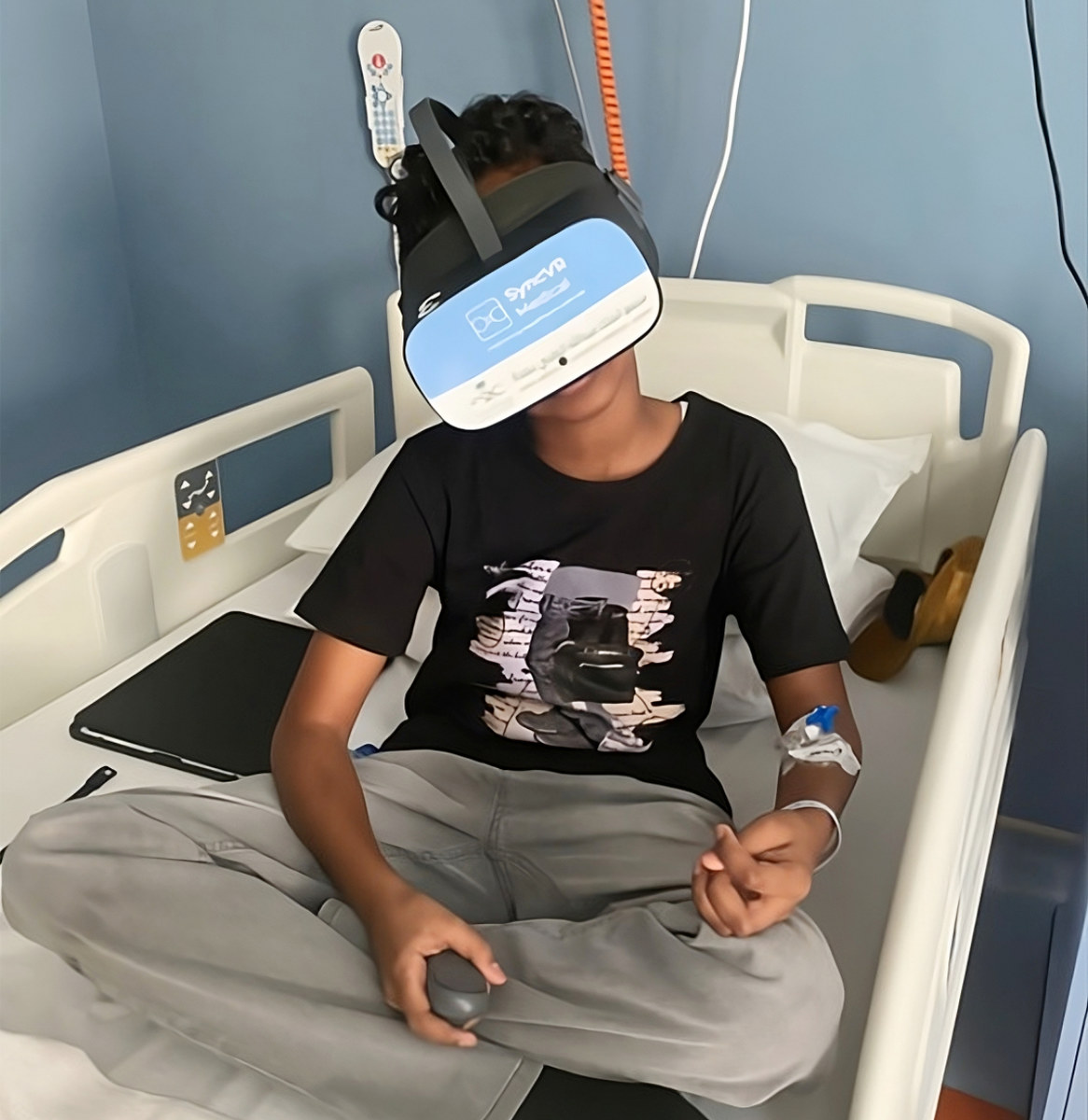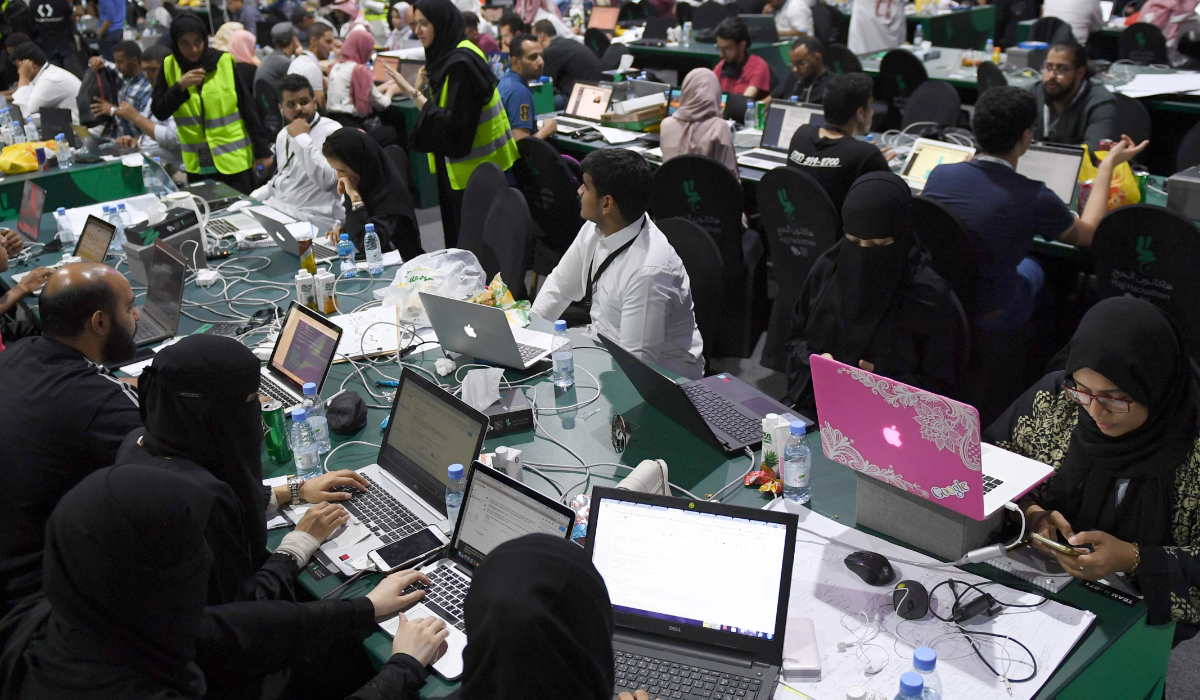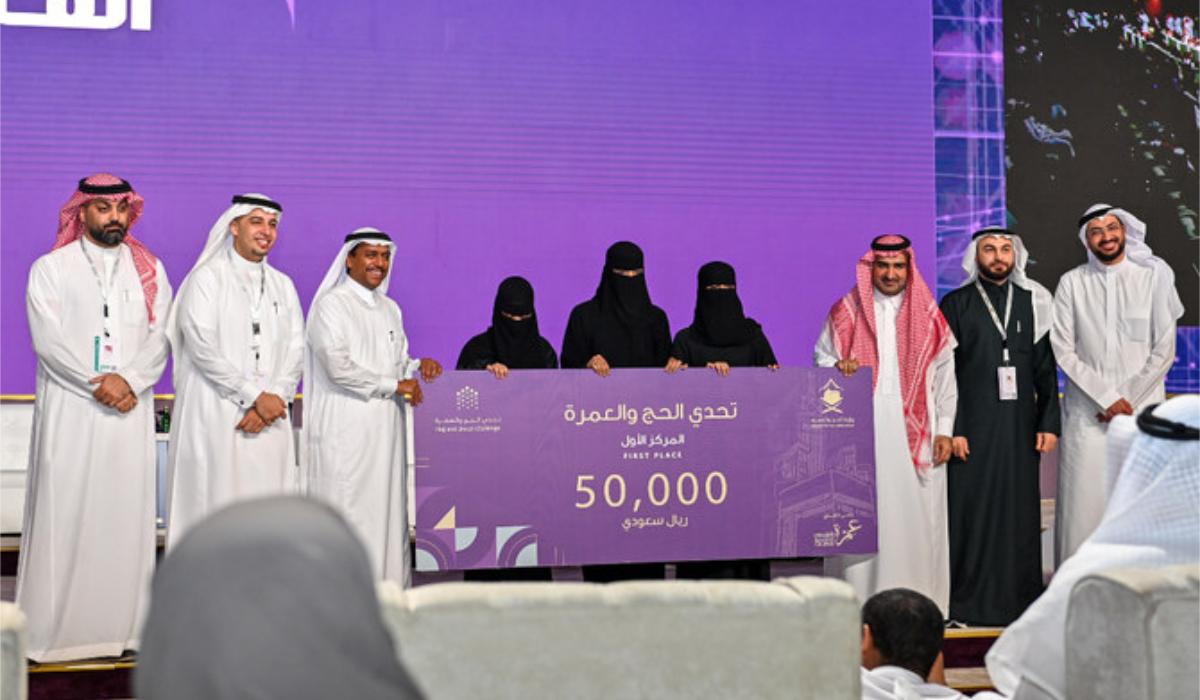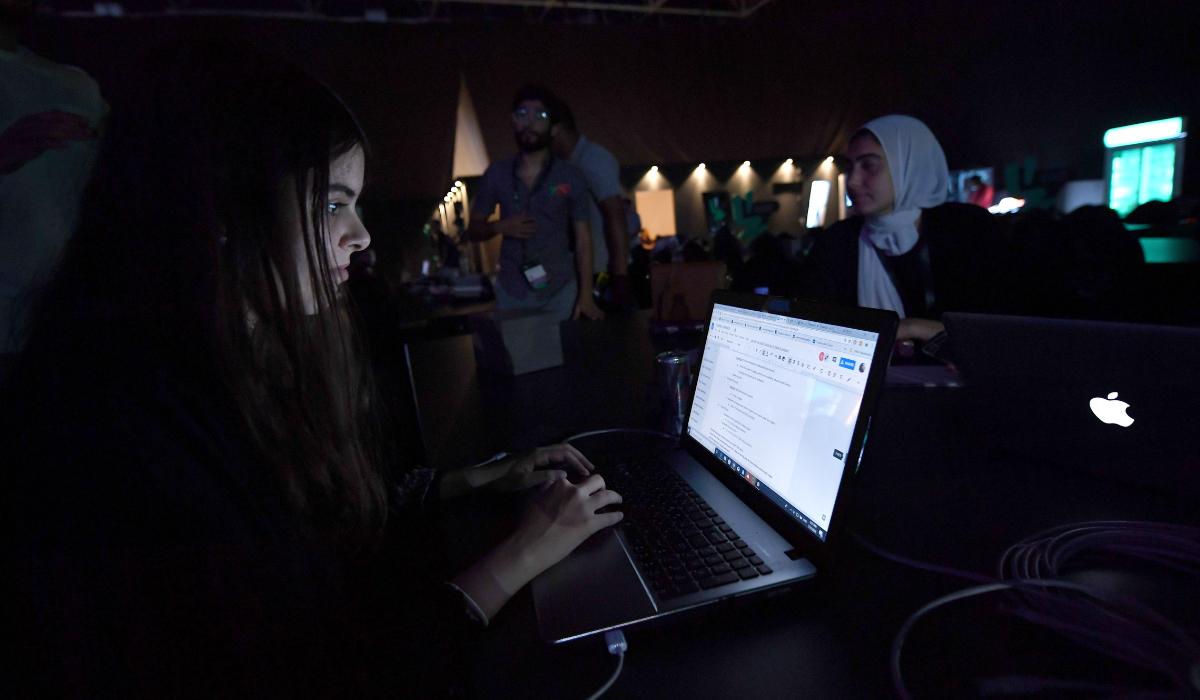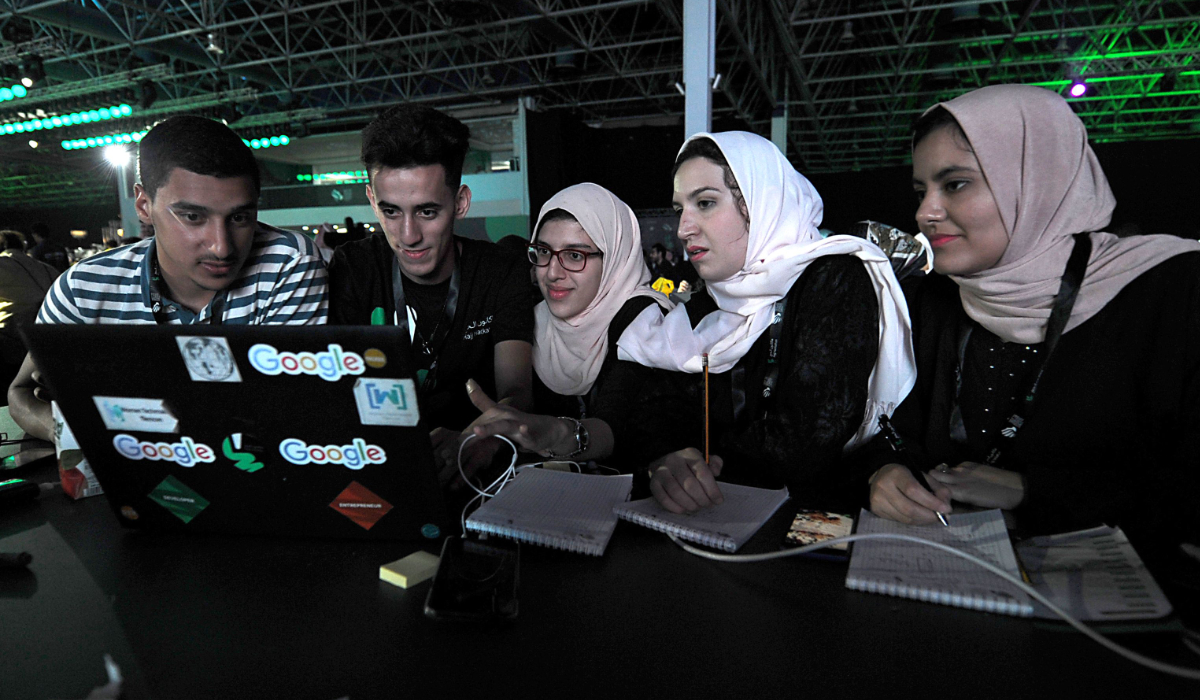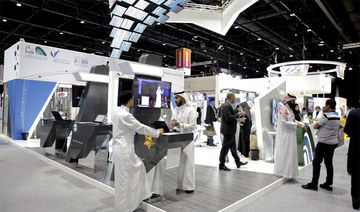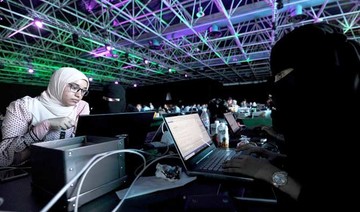Riyadh: Al-Hilal produced an exceptional and competent performance on the last day of the Saudi Pro League season to wrap up a record 15th league title for Al-Za’eem after comfortably dispatching Al-Fateh 4-1 in front of more than 24,000 spectators at the King Saud University stadium in Riyadh.
After 26 rounds of the Saudi Pro League, 180 matches played over 244 days, it had come down to just 90 minutes of football to see whether the 2018 Saudi League crown would go to the league leaders and reigning champions from Riyadh or Al-Ahli of Jeddah, who lay just a point behind in second.
Al-Hilal’s interim coach Juani Brown had only taken charge just 50 days prior after the sacking of Argentine compatriot Ramón Díaz after a 1-0 defeat to Iranian club Esteghlal Tehran in the AFC Champions League. Diaz had won the Saudi King’s Cup and Saudi Professional League last season and reached the final of 2017 AFC Champions League however the club board of directors had decided to sack the Argentine following a string of unsatisfactory team performances.
The 40 year-old Brown had been supervising the club’s Under 21s before he was named coach of the senior side and had kept the club on course for the title, with the team picking up seven points from a possible 12 under the young coach.
On the last day of the season, Al-Hilal who had led at the top of the Saudi Pro League table from September 30, took on fourth-placed Al-Fateh in Riyadh while Al-Ahli, who were looking to take advantage of any slip-up from the defending champions, played bottom placed club Ohod.
Al-Ahli needed to win and hope Al-Fateh could manage at least a draw against the league leaders, a result which would allow the “Green Fortress” to move above Al-Hilal. They had been Al-Hilal’s closest challengers to the Saudi league crown and since the turn of the year had gone on an unbeaten run and picked up 21 points from a possible 27 narrowing Al-Hilal’s lead at the top of the table to just a single point.
For their must-win game against bottom of the table Ohod, a team with the worst goal difference in the Saudi league, Al-Ahli’s Ukrainian coach Sergei Rebrov dropped his top scorer Omar Al-Somah after their much publicized fall out after the 0-0 draw with Al-Hilal along with midfielder Abdul-Fattah Asiri and instead decided to start Greek midfielder Giannis Fetfatzidis and striker Mohanad Asiri, who had 8 goals in 14 league starts.
But despite a 1-0 victory in Jeddah thanks to a 39 minute goal from their Brazilian Leonardo da Silva Souza, what was unfolding in Riyadh had stirred the league title firmly in the direction of Al-Hilal after an outstanding first half display from Al-Za’eem.
Al-Hilal’s Juani Brown had made two changes from the side which had played Al-Ahli in Jeddah six days prior. Midfielder Abdullah Otaif had been forced out from the injury that saw him replaced five minutes into the second half of the 0-0 draw with Al-Ahli in the previous game – in his place came 23 year-old Mohamed Kanu for only his sixth start of the season.
In attack, the Argentine coach dropped Venezuelan striker Gelmin Rivas, with only one goal in his last seven league matches and started Syrian Omar Khrebin who returned to full fitness to make for his first league start in three months and produced one of his best performances of the season.
The 2017 AFC Player of the Year was unplayable in the opening forty-five minutes, hitting the bar after just four minutes from a 25 yard free kick which had the keeper beaten.
Three minutes later after Czech referee Pavel Královec had booked Al-Fateh’s defender Abdullah Al-Dossari for a foul on the Syrian striker on the edge of the box. Khrabin picked himself up, dusted himself off and stepped up to score the opening goal, beating the hapless Al-Fateh keeper Ali Al-Mazidi who got a hand on the ball but failed to save the Syrian striker’s effort, which seemed to go right through the keeper’s hands.
The Syrian doubled Al-Hilal’s lead on 14 minutes when he raced onto a long-ball from the defense beating the offside trap and with the onrushing custodian to beat, the striker coolly and calmly tucked the ball under the keeper to the deafening roar of the Al-Hilal faithful over the stadium, sensing that it was going to be their day.
Al-Za’eem were now in the ascendency and confidently moving the ball around the field and moments later Omar Khrebin could have completed his hat-trick but failed to connect to Ezequiel Cerutti’s headed knock-down in the six-yard box, kicking only thin air as he fluffed his lines.
But just 22 minutes later Khrebin was able to complete his 33-minute hat-trick to all but deliver the victory and the league title, beating the Al-Fateh goalkeeper with a low shot in the six yard box that went under the keeper after Moroccan Achraf Bencharki had put Cerutti clear down the right flank to square the ball to the Syrian striker, with the Al-Fateh keeper Al-Mazidi again at fault.
Al-Hilal were putting on a show and Bencharki’s delightful back-heel found Yasser Al-Shahrani and the full back got down the left to cut it back to the Moroccan Bencharki in the box to score the fourth five minutes before half-time.
In the second half, Brazilian João Pedro netted a late consolation for Al-Fateh, but the night and the victory was Al-Hilal’s, who were crowned 2018 Saudi League champions, with a convincing first half display to win their 15th league title.













